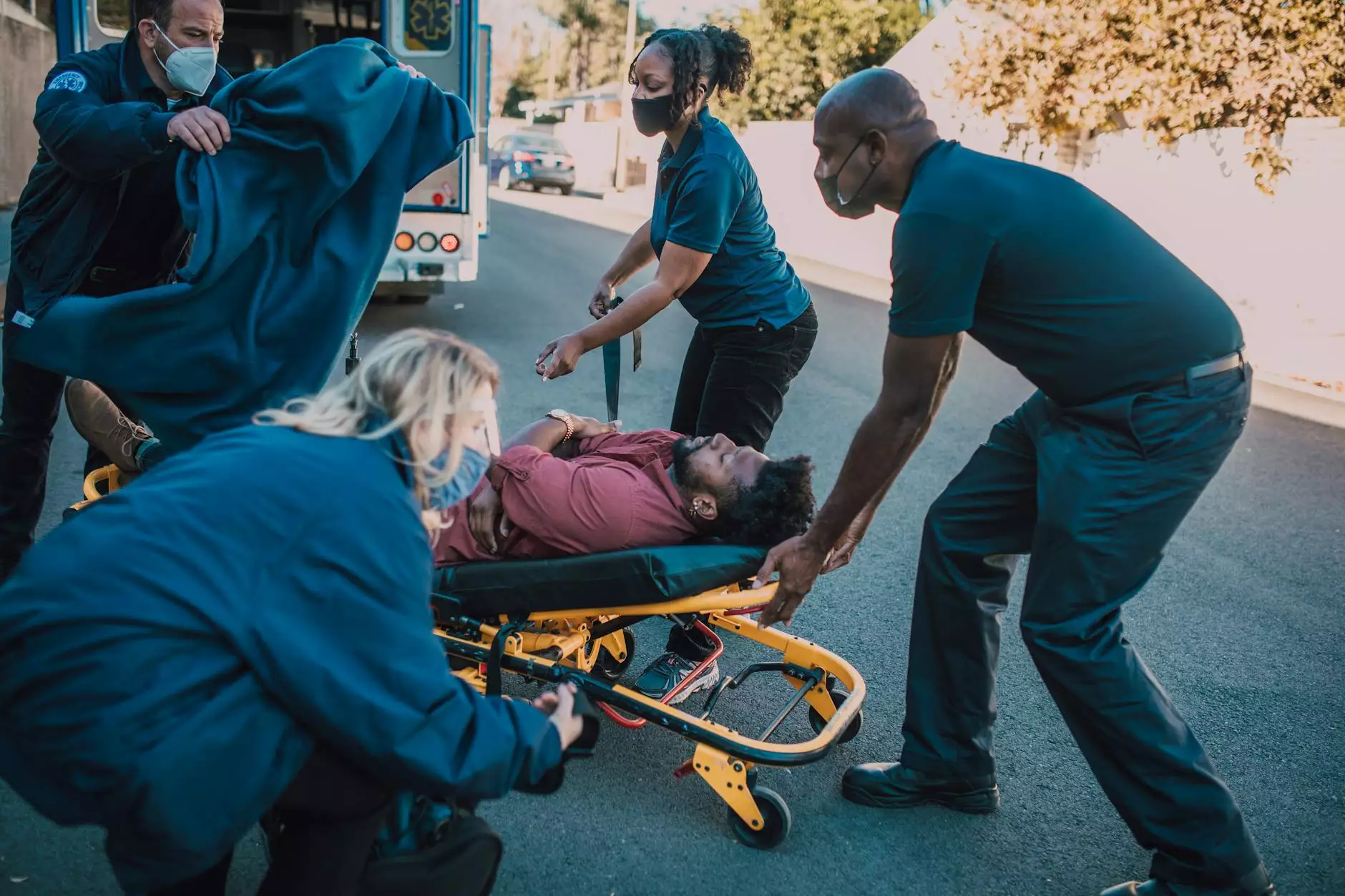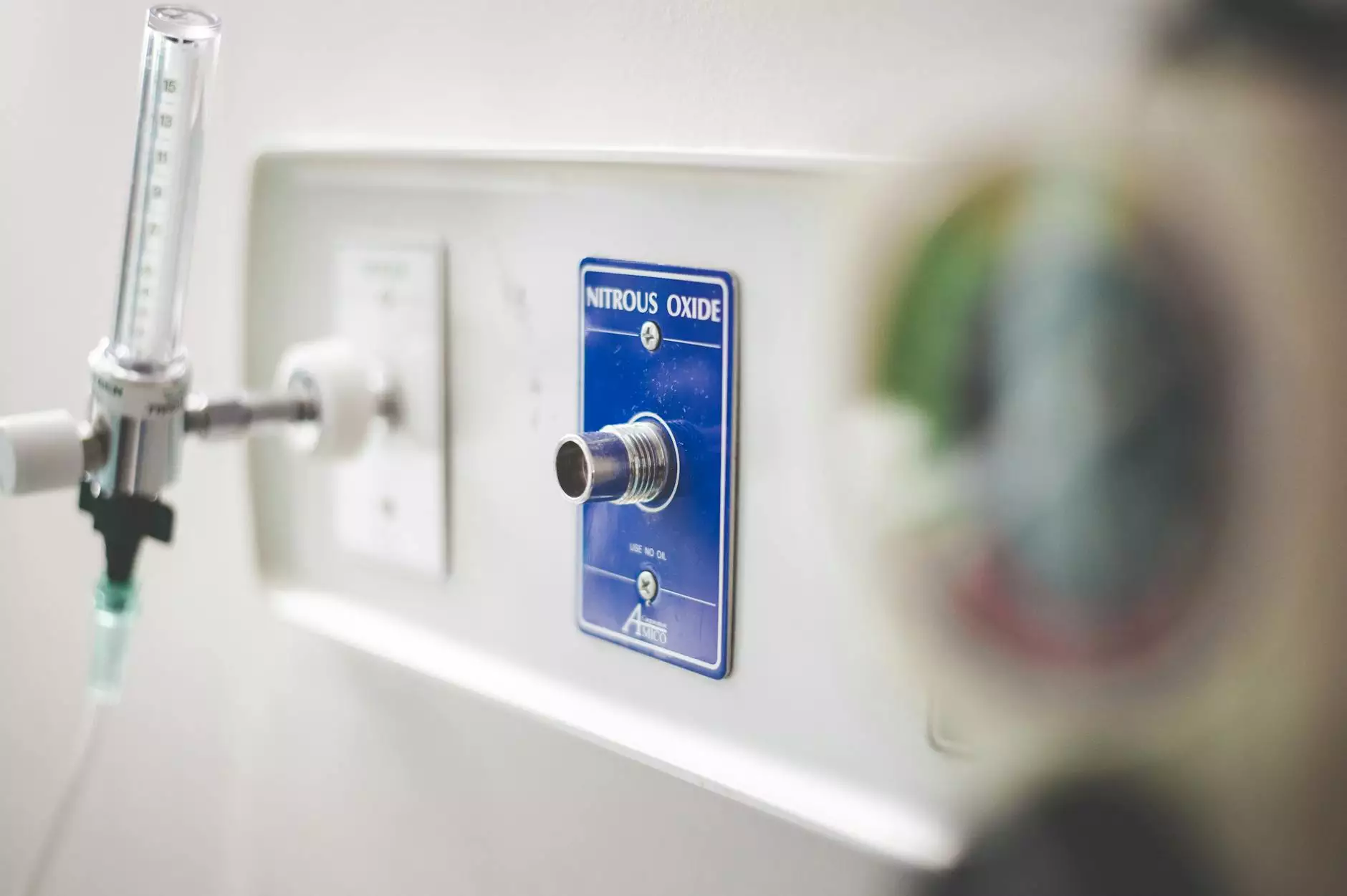Lung Cancer Treatment in Singapore: Comprehensive Guide

Lung cancer is one of the most prevalent forms of cancer globally, representing a serious health concern. In Singapore, the fight against lung cancer has evolved significantly with advances in medical technology and treatment options. This article will explore the various aspects of lung cancer treatment in Singapore, detailing the types of treatments available, the healthcare infrastructure in place, and the holistic approach adopted by providers to ensure optimal patient outcomes.
Understanding Lung Cancer
Lung cancer is primarily classified into two main types:
- Non-Small Cell Lung Cancer (NSCLC): This is the most common type, accounting for about 85% of lung cancer diagnoses.
- Small Cell Lung Cancer (SCLC): This type is less common but tends to grow more quickly than NSCLC.
Early detection and timely treatment are crucial for improving survival rates and enhancing quality of life among patients. Thus, understanding the signs and symptoms of lung cancer is vital for early intervention.
Signs and Symptoms of Lung Cancer
Recognizing the early signs of lung cancer can significantly improve treatment outcomes. Common symptoms include:
- Persistent cough that worsens over time
- Unexplained weight loss
- Chest pain that worsens with deep breathing
- Shortness of breath
- Coughing up blood or rust-colored sputum
- Fatigue and weakness
If you or a loved one experiences these symptoms, it is essential to seek medical advice promptly, as early detection can lead to more effective treatment options.
Advanced Treatment Options Available in Singapore
Singapore is renowned for its world-class healthcare facilities and expert medical professionals. The country offers a range of advanced treatment options for lung cancer, including:
Surgery
Surgical intervention is often the first course of action for lung cancer patients, particularly in the early stages of the disease. The surgical options include:
- Lobectomy: Removal of a lobe of the lung affected by cancer.
- Pneumonectomy: Complete removal of one lung.
- Segmentectomy or Wedge Resection: Removal of a small section of the lung.
These surgical procedures can significantly enhance the chances of long-term survival, especially when the cancer is confined to a specific area.
Radiation Therapy
Radiation therapy utilizes high-energy rays to target and destroy cancer cells. In Singapore, cutting-edge radiation techniques such as:
- Stereotactic Body Radiation Therapy (SBRT): This precise form of radiation delivers high doses to targeted tumors while minimizing damage to surrounding healthy tissue.
- Intensity-Modulated Radiation Therapy (IMRT): This technique adjusts the radiation dose based on the shape of the tumor, optimizing treatment effectiveness.
Radiation therapy can be used as a primary treatment or in combination with other therapies during different stages of lung cancer.
Chemotherapy
Chemotherapy involves the use of drugs to kill or slow the growth of cancer cells. It can be administered orally or intravenously and is often used for:
- Advanced lung cancer that has spread to other parts of the body.
- Prior to surgery (neoadjuvant therapy) to shrink tumors.
A personalized chemotherapy regimen can be developed to meet the unique needs of each patient, further enhancing treatment success rates.
Targeted Therapy
Targeted therapy is a relatively new approach in the treatment of lung cancer and involves medications that specifically target genetic mutations associated with the disease:
- Erlotinib and Gefitinib are used for patients with EGFR mutations.
- Alectinib and Crizotinib target ALK mutations.
By focusing on the specific characteristics of cancer cells, targeted therapies can improve outcomes while minimizing side effects.
Immunotherapy
Immunotherapy utilizes the body's immune system to fight cancer. Checkpoint inhibitors are a prominent form of immunotherapy currently used in Singapore. These include:
- Pembrolizumab (Keytruda)
- Nivolumab (Opdivo)
Clinical trials indicate that immunotherapy can significantly extend survival rates and improve the quality of life for lung cancer patients.
Supportive Care and Rehabilitation
The treatment of lung cancer does not stop at medical interventions; comprehensive supportive care is crucial in enhancing the overall well-being of patients. This includes:
Physical Therapy
Physical therapy plays a vital role in helping lung cancer patients maintain strength and endurance during and after treatment. Specialized programs can assist in:
- Improving lung function
- Progressing through rehabilitation
- Managing treatment-related fatigue
Nutritional Support
Proper nutrition is essential for recovery. Dieticians in Singapore work with lung cancer patients to create tailored meal plans that nourish the body and support healing.
Psychosocial Support
The emotional and psychological effects of lung cancer can be profound. Many healthcare institutions in Singapore provide access to counselors and support groups that help patients and families cope with the challenges posed by _lung cancer treatment_.
The Role of Multidisciplinary Teams
In Singapore, lung cancer treatment is strengthened by multidisciplinary teams that bring together specialists from various fields to devise personalized treatment plans. These teams typically include:
- Oncologists
- Surgeons
- Radiation therapists
- Nurses
- Pharmacists
- Nutritionists
- Social workers
This collaborative approach ensures comprehensive care and enhances communication between the patient and their healthcare providers, contributing to better overall treatment outcomes.
How to Choose the Right Treatment Center in Singapore
Selecting an appropriate treatment center is fundamental to the success of lung cancer treatment. Consider the following factors when making your choice:
- Accreditation and Reputation: Ensure the facility is accredited and has a good reputation in treating lung cancers.
- Access to Advanced Therapies: Look for centers that offer the latest treatment options, including clinical trials.
- Comprehensive Support Services: The center should provide access to supportive care services, including mental health and nutrition.
- Patient-Centric Approach: Choose a facility that prioritizes patient needs and involves them in decision-making.
Conclusion
In summary, lung cancer treatment in Singapore is characterized by a combination of advanced medical techniques, a supportive healthcare environment, and a holistic approach to patient care. As research continues to advance, patients have hope for innovative treatment options and improved quality of life. If you or someone you know is facing lung cancer, remember that you don't have to go through this alone. There are multiple resources available to help navigate this challenging journey, and seeking expert care in Singapore could be the first step toward recovery.
Contact Us
For more information regarding lung cancer treatment options, physical therapy, or to schedule an appointment, visit Hello Physio today. Together, let’s work towards a healthier future!
lung cancer treatment singapore








